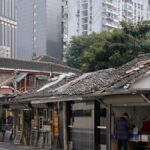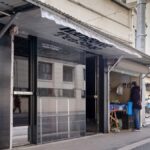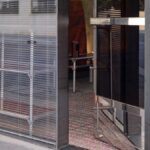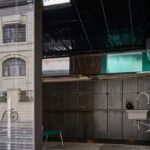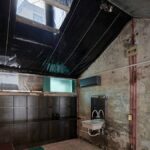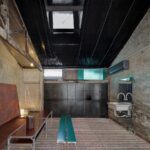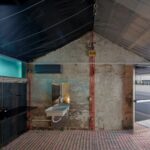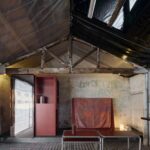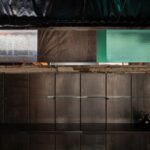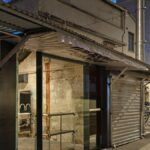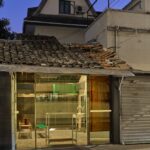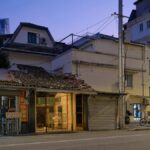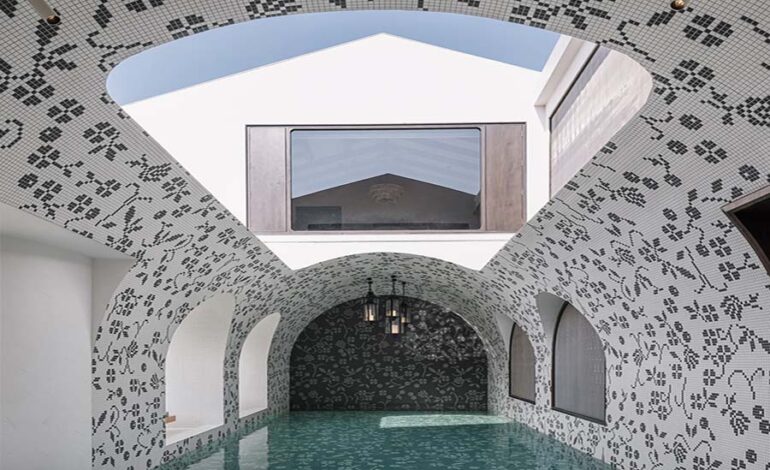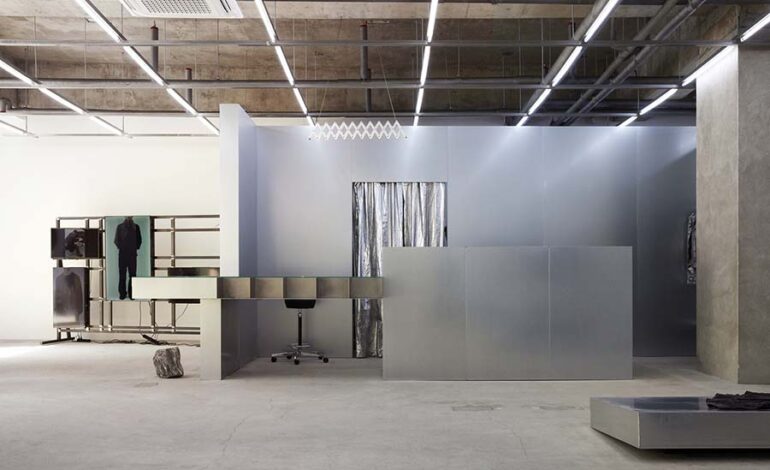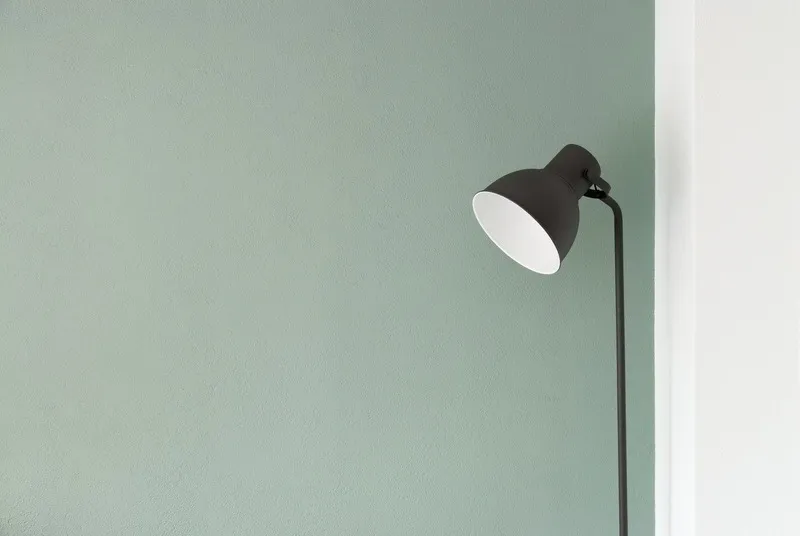A Fusion of Urban Histories Hangover Teashop by CASE PAVILION
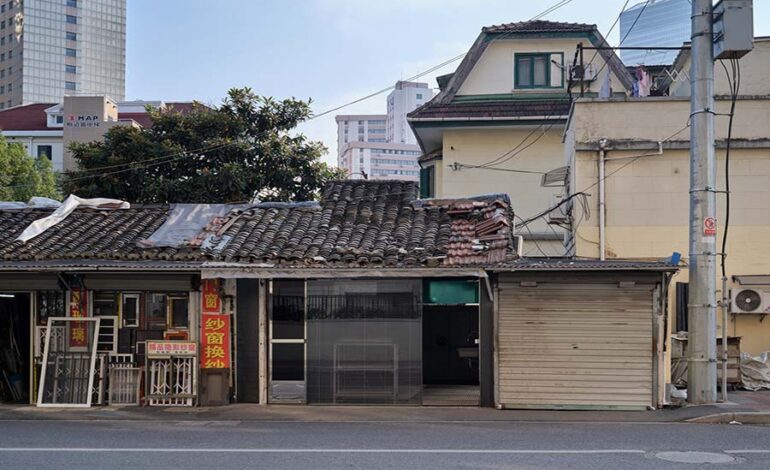
In the vibrant corner of Changning District, Shanghai, the historical merges with the modern in a tapestry of urban complexity. Here, the former residence of Li Hongzhang’s mother stands amidst the remnants of early 20th-century concessions, creating a captivating juxtaposition of old and new. This intersection of urbanization and suburban texture forms the backdrop for Hangover Teashop, a project by CASE PAVILION that seeks to blend tradition with contemporary life.
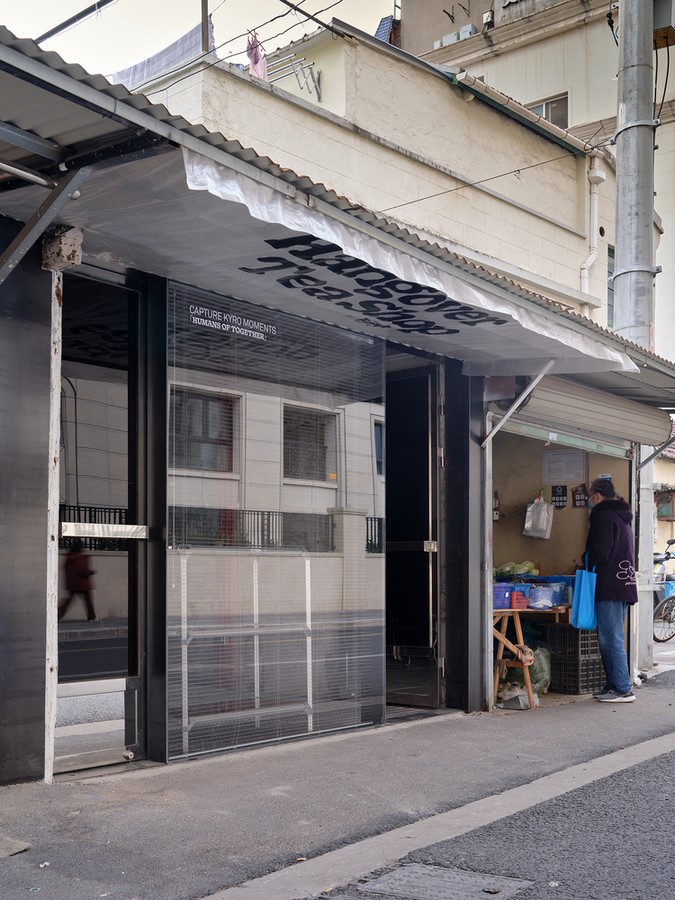
Embracing Urban Diversity
Overlooking the bustling cityscape, Hangover Teashop emerges from the narrative of urban evolution. Housed in a self-built wooden bungalow from the 1970s, the teahouse symbolizes a convergence of cultures and histories. With the aim of providing a sanctuary for weary travelers and a community hub for locals, the project embodies the spirit of adaptability and communal exchange.
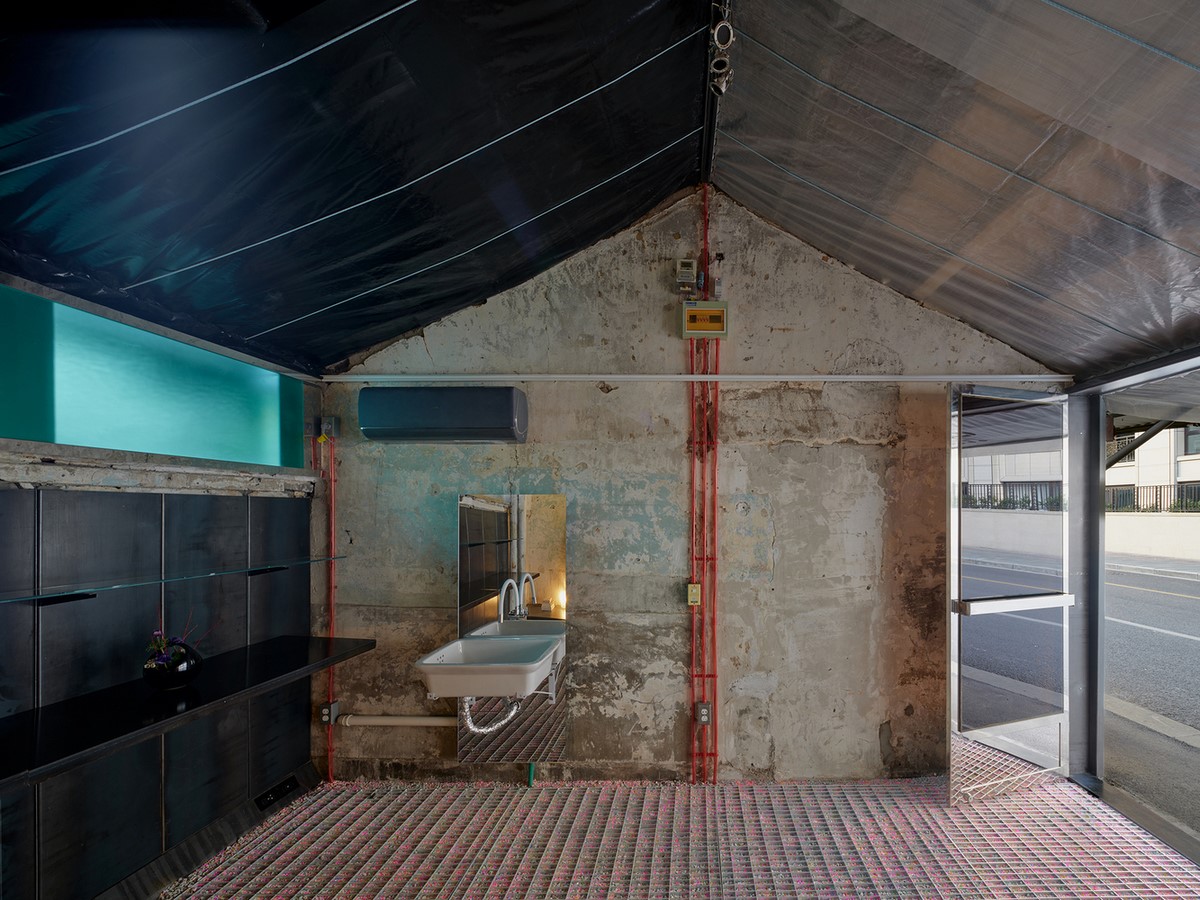
A Narrative of Adaptation
Upon taking over the site, the architects confronted the challenges of decay and uncertainty. Instead of opting for a complete renovation, they chose a more restrained approach, preserving the original structure while reinforcing safety measures. By strategically replacing deteriorated elements and retaining the patina of age, they honored the teashop’s historical context while infusing it with a contemporary edge.
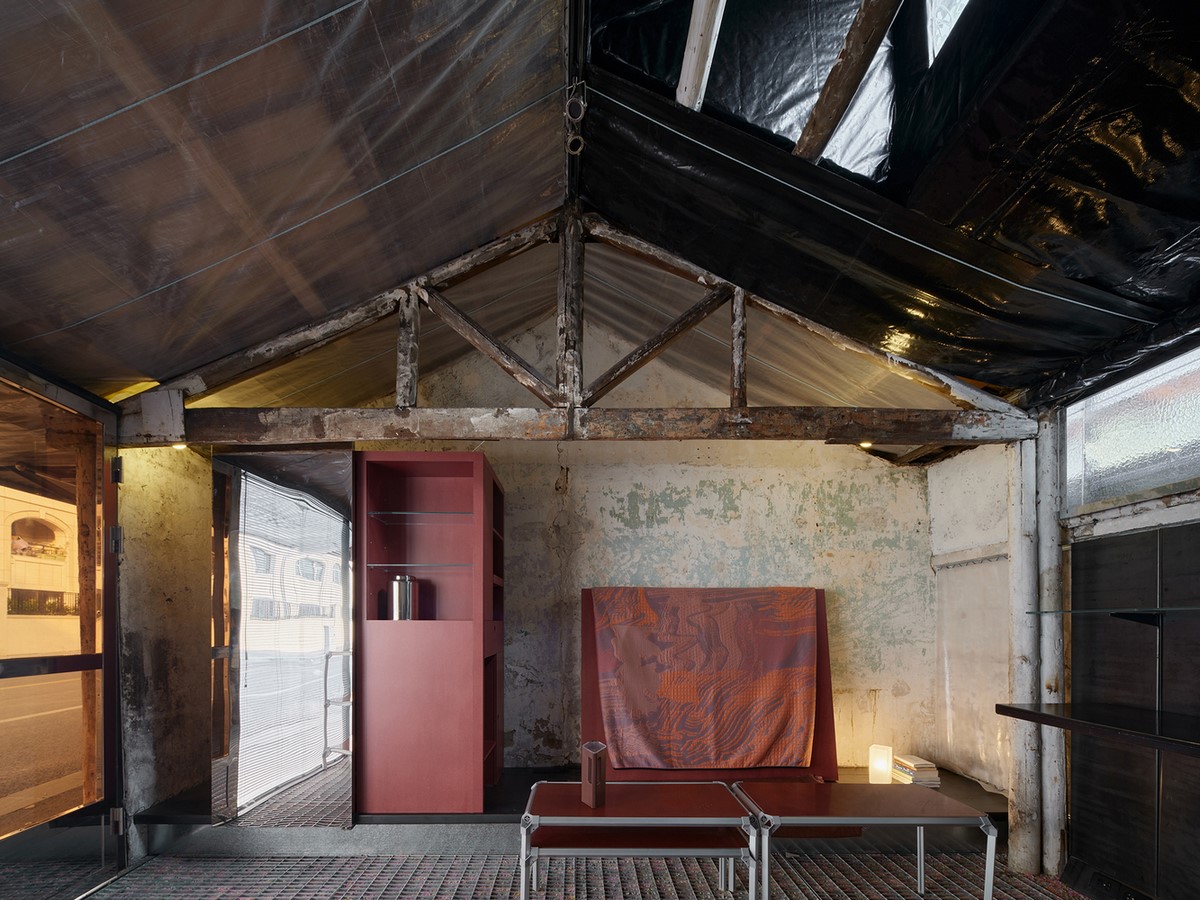
Spatial Ingenuity and Material Sensibility
Central to the design philosophy of Hangover Teashop is the concept of spatial fluidity and material resilience. The architects employed inexpensive yet durable materials, meticulously detailed to accentuate their natural textures. From agricultural greenhouse film wrapping the roof to multi-layered, semi-transparent sheets adorning the windows, each element was thoughtfully chosen to reflect the teashop’s urban surroundings.
Navigating Uncertainties with Creativity
Throughout the creative process, CASE PAVILION embraced a spirit of experimentation and whimsy. By reimagining spatial interventions as nuanced communicators, they sought to evoke profound emotional experiences within the teashop’s confines. From dry-mounted wall shelves to 3D printed modular furniture, every detail speaks to the teashop’s dual identity: a place of familiarity and novelty, tradition and innovation.
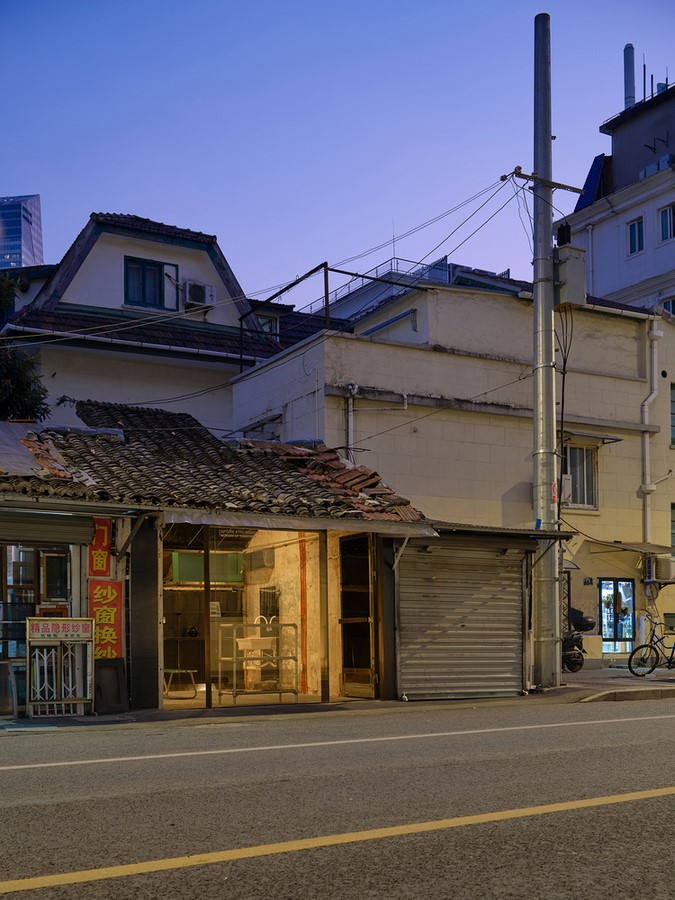
Hangover Teashop stands as a testament to the power of architecture to transcend boundaries and forge connections across time and space. As visitors immerse themselves in its inviting ambiance, they become part of a larger narrative—one that celebrates the rich tapestry of urban life in Shanghai.
